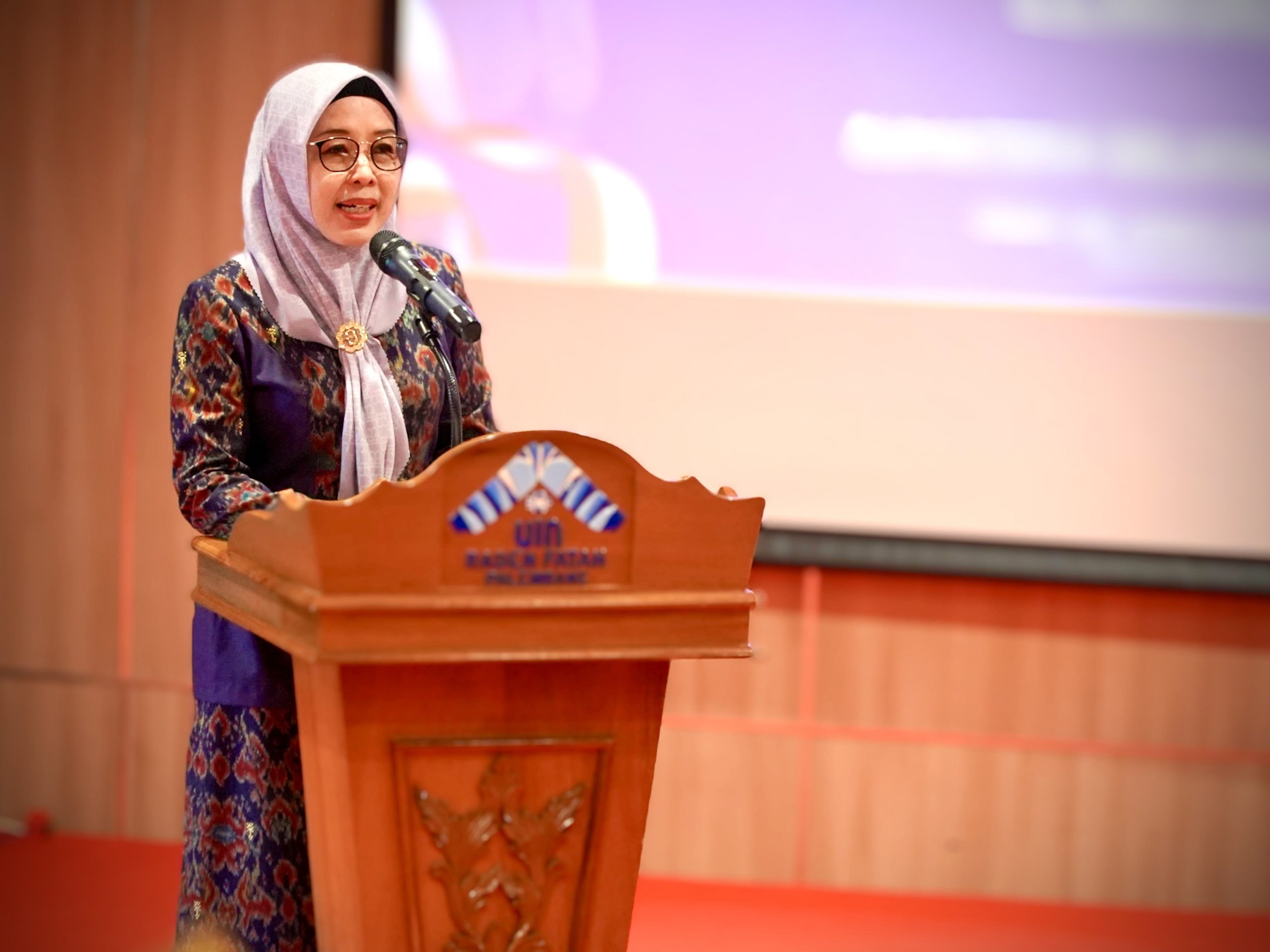
Hajj Using a Non-Hajj Visa is Contrary to the Substance of Islamic Teachings
Prof. Dr. Nyayu Khodijah, S.Ag., M. The
Chancellor of UIN Raden Fatah Palembang
Carrying out the Hajj pilgrimage using a non-Hajj visa is contrary to the substance of Islamic teachings because this practice is considered to endanger oneself and other Hajj pilgrims. Meanwhile, one of the core teachings of Islam is to provide a sense of security and comfort to other people.
To maintain the safety of Hajj pilgrims, on May 28 2024 the Executive Board of the NU Syuriah Daily issued a decision that Hajj with a non-hajj visa is valid but flawed and sinful because it has implications for the implementation of the Hajj pilgrimage . This decision emphasizes the importance of compliance with the regulations set by the Saudi Arabian government and encourages more orderly and safe Hajj practices.
From the perspective of Islamic law, obedience to ulil amri (authoritative government) is a fundamental principle in Islam. This observance not only aims to maintain order and security, but also ensures that each pilgrim can carry out the Hajj pilgrimage in the most appropriate and safe way . By confirming that the use of non-hajj visas violates regulations, this decision encourages pilgrims to better respect and comply with applicable regulations.
In the context of jurisprudence, this decision raises an interesting debate. According to Sharia, the Hajj performed with a non-Hajj visa is still considered valid because it fulfills the pillars and obligations of the Hajj. However, this action was considered flawed and sinful because it violated official rules. This approach shows that even though the worship is sharia-legal, there are moral and ethical dimensions that need to be considered regarding compliance with the regulations.
The risks and dangers faced by non-Hajj visa pilgrims are one of the main reasons behind this decision. Pilgrims on non-hajj visas often do not have the same access to official facilities and services provided by the Saudi Arabian government. This increases health and safety risks, especially considering the crowding that occurs during the Hajj pilgrimage. By reducing non-procedural Hajj practices, this decision seeks to maintain the safety and welfare of pilgrims.
A more orderly and organized implementation of the Hajj is also one of the benefits of this decision. With a more controlled number of pilgrims, the relevant authorities can provide better facilities and services, as well as reduce crowding at key locations such as the Grand Mosque, Mina and Arafah. A more comfortable and solemn Hajj experience for pilgrims is the ultimate goal of enforcing this rule.
Islam teaches the importance of obeying ulil amri in various aspects of life, including worship. By emphasizing that the use of non-hajj visas is a violation of government regulations, this decision reminds Muslims of the importance of obedience to competent authorities. This compliance not only shows respect for applicable laws but also helps create a safe and orderly environment for all congregants.
This decision also emphasizes the importance of education and outreach regarding the implementation of the Hajj according to procedures. Syariah PBNU and related authorities need to carry out more intensive outreach regarding the non-procedural Hajj ban and its negative impacts. Good education will help pilgrims understand the importance of obeying the rules and encourage them to follow the correct procedures in carrying out the Hajj pilgrimage.
Overall, the PBNU Syuriah decision regarding non-visa Hajj shows concern for the orderly, safe and procedural implementation of the Hajj. Even though Hajj with a non-hajj visa is considered legal, this action is considered flawed and sinful because it violates applicable regulations. It is hoped that this decision will improve pilgrim discipline and compliance, as well as reduce health and safety risks associated with non-procedural Hajj practices. Intensive education and outreach needs to be carried out to ensure that pilgrims understand and comply with existing regulations for a more orderly and safe Hajj pilgrimage.


